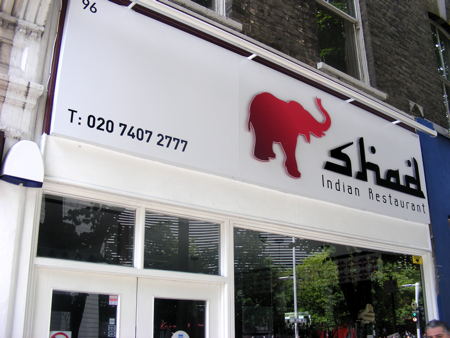- Messages
- 7,918
- Name
- Terry
- Edit My Images
- Yes
No. They would just have to show that the photos that were taken breached the access licence. At which point any money made from those images would be forfeit.
It is a civil matter and they would need to take you to court. As you have no contract with them they are unlikely to be able to claim any damages. They are unlikely to spend that sort of time and mony, with so little to recover.



 . Someone used to exercise that right once a year under the watchful eyes of armed US MPs but I haven’t heard about it recently so may have been resolved.
. Someone used to exercise that right once a year under the watchful eyes of armed US MPs but I haven’t heard about it recently so may have been resolved.